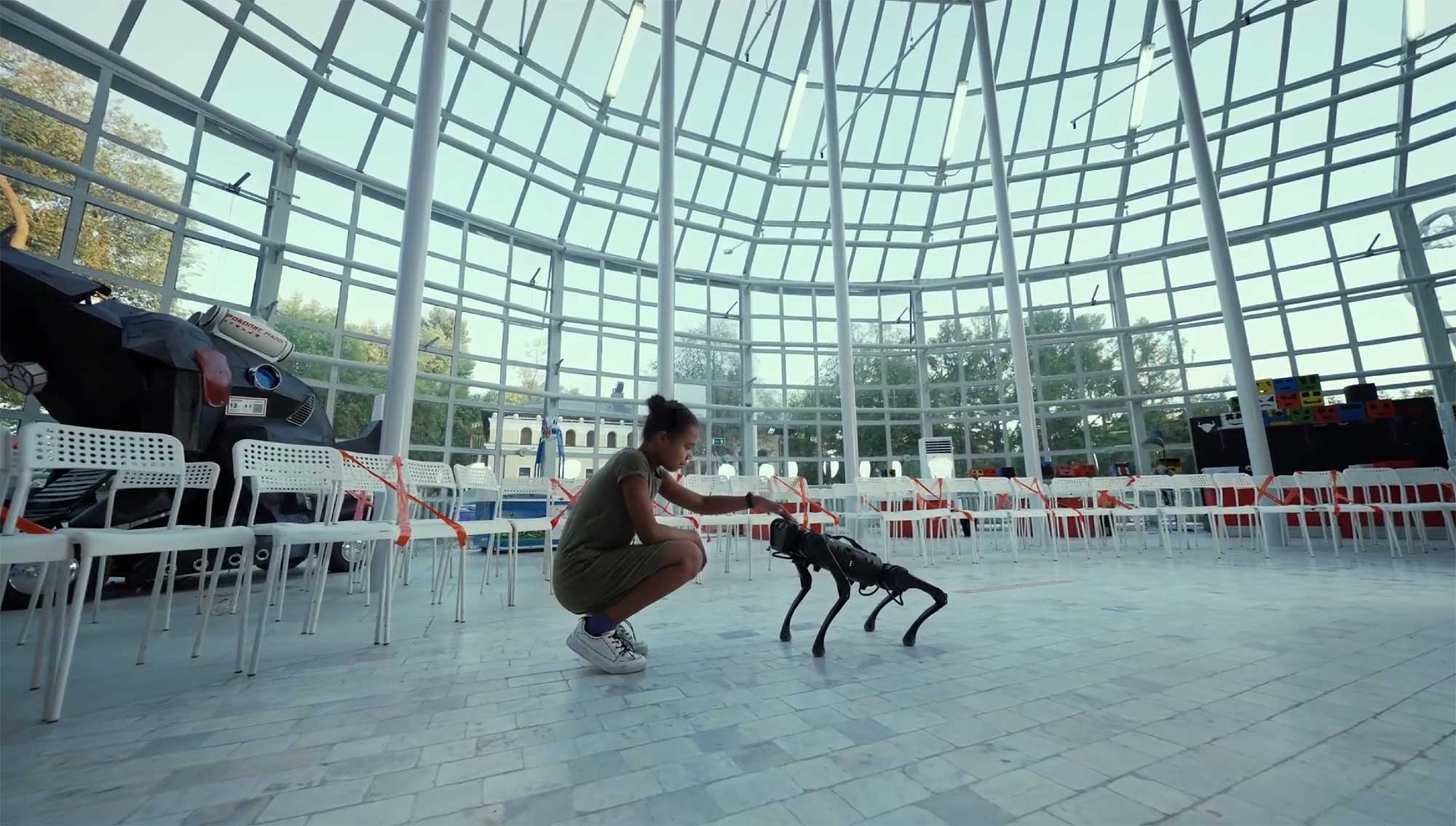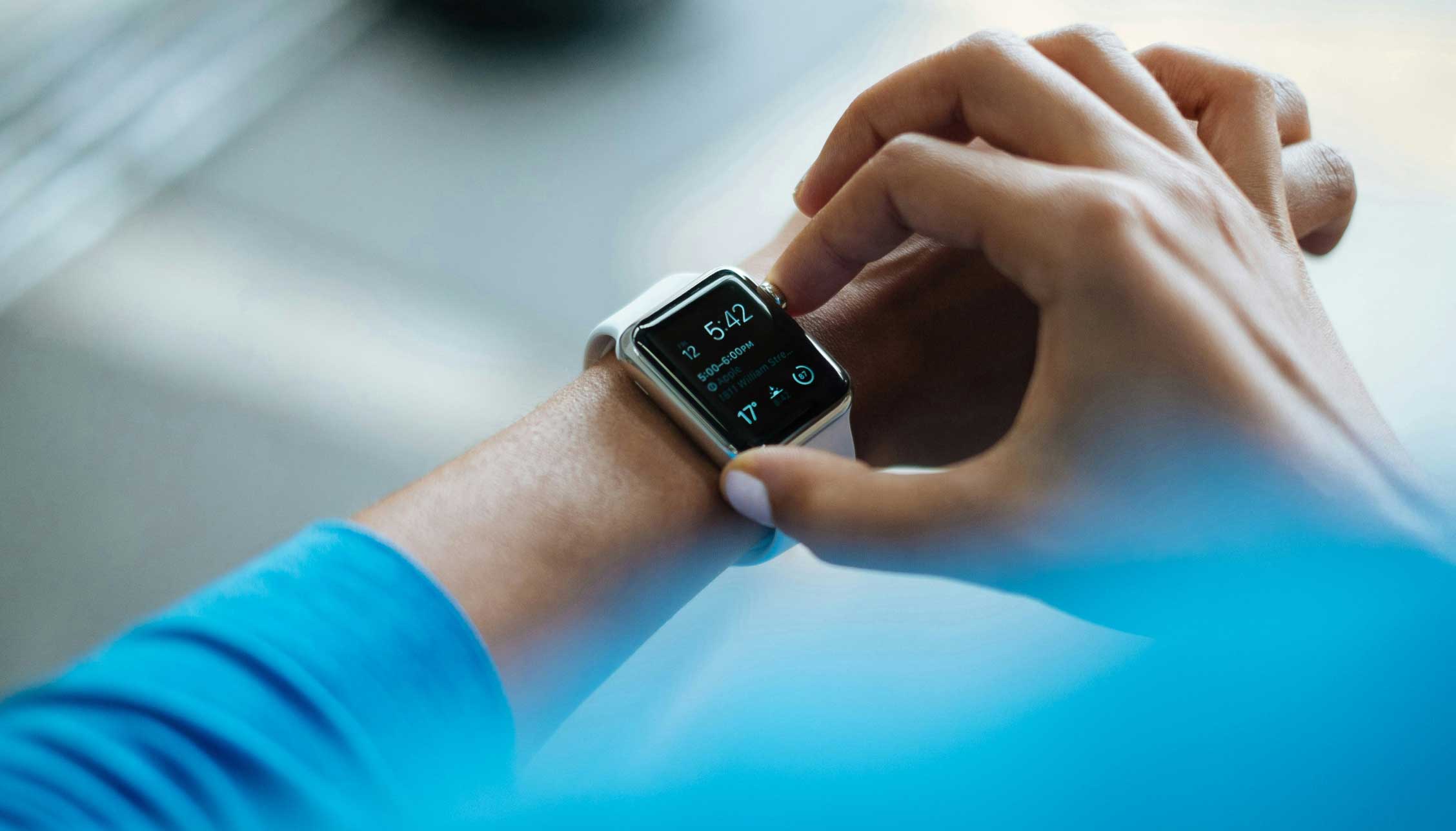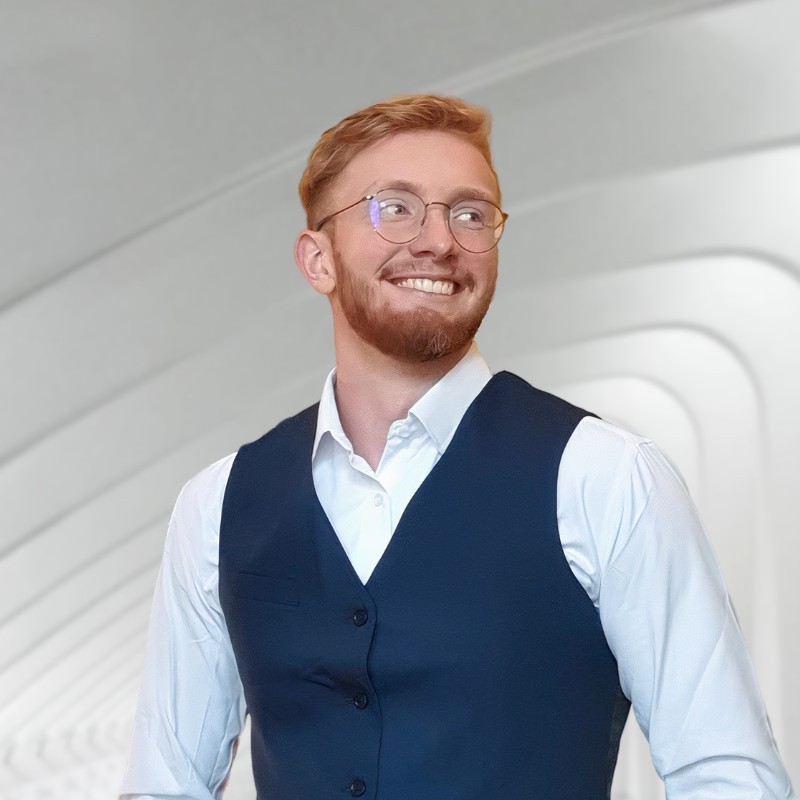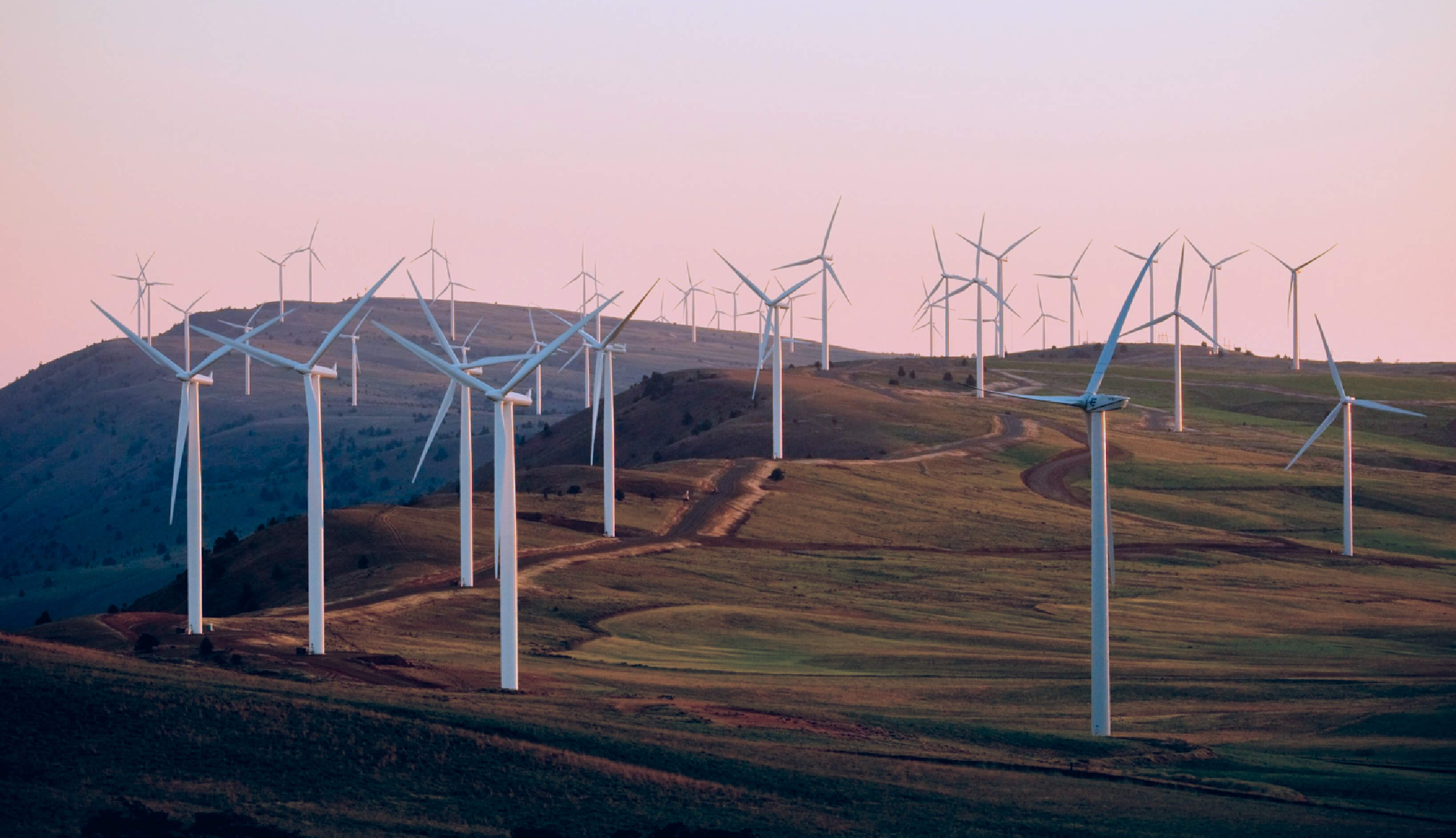News/Press
Osedea in La Presse: using AI to bring precision and accessibility to cognitive testing
This article was originally published in La Presse by journalist Stéphane Champagne. It highlights how we’re leveraging AI to advance cognitive health and support more accurate, accessible patient screening.
.jpg)
Osedea’s expertise was recently enlisted to enable more people to take a diagnostic test developed by the Montreal company MoCA Cognition.
“MoCA created the test on paper,” explains Martin Coulombe, founder and Chief Innovation Officer at Osedea. “Our mission is to bring it to a tablet version, to migrate it to a digital format. With the help of AI, it will be possible to obtain more precise scoring.”
This test, he notes, is already used in its paper format by 100,000 healthcare professionals around the world. More than 24,000 scientific articles reference it, and the test is available in 100 languages and dialects. In short, it represents a major challenge for Osedea, which for now is working only on the English version.
.jpg)
“By combining different AI models with advanced training methods, we design systems capable of automatically detecting gaps between an ideal situation and a problematic one. For example, our models can analyze images to help identify certain cognitive disorders.”
According to him, the goal is not to replace physicians, but to enable them to administer more tests while reducing “human bias.”
Robots and cameras
Founded 14 years ago, Osedea describes itself as an innovation firm. It has 70 employees and continues to hire. Its AI-related revenue has tripled over the past two years. The company generates 70% of its income in Quebec, 15% in Ontario, and 15% in the United States.
Beyond healthcare, the company also operates in the mining and manufacturing sectors. Recently, says Martin Coulombe, demand has increased for quality-control processes.
Using detection cameras and, of course, AI, Osedea supports the inspection of industrial components and products. The company is now highly sought after by businesses in textiles, aerospace, and electrical components for the deployment of inspection stations.
“There’s a lot of interest right now, because inspection is a task that takes time, requires training, and isn’t particularly stimulating for employees. Companies are realizing they have every reason to automate quality control.”
Osedea also collaborates with Boston Dynamics’ robot dog. “We create AI models to integrate into their robots, which are used, among other things, to perform inspections,” explains the 42-year-old industrial engineer.
The company also uses AI in its everyday operations. “We use it a lot in our meetings for note-taking or during client sessions. It generates written summaries that are complete.”
Innovator in residence
In 2026, the company will invest $1 million to create what it calls the “Osedea R&D Hub.” This hub, explains Martin Coulombe, aims to bring together all of the company’s expertise in engineering, AI, and robotics in order to “turn bold ideas into concrete solutions.”
The Montreal company also plans to adopt a concept it discovered in Europe: hiring an Innovator in residence.
“Starting in winter 2026, we want to welcome a doctoral-level researcher to stimulate creativity and innovation within our teams. We’ve received several applications. We don’t yet know what the return on investment will be, but we’re very excited about it.”


Did this article start to give you some ideas? We’d love to work with you! Get in touch and let’s discover what we can do together.



-min.jpg)


-min.jpg)
-min.jpg)



